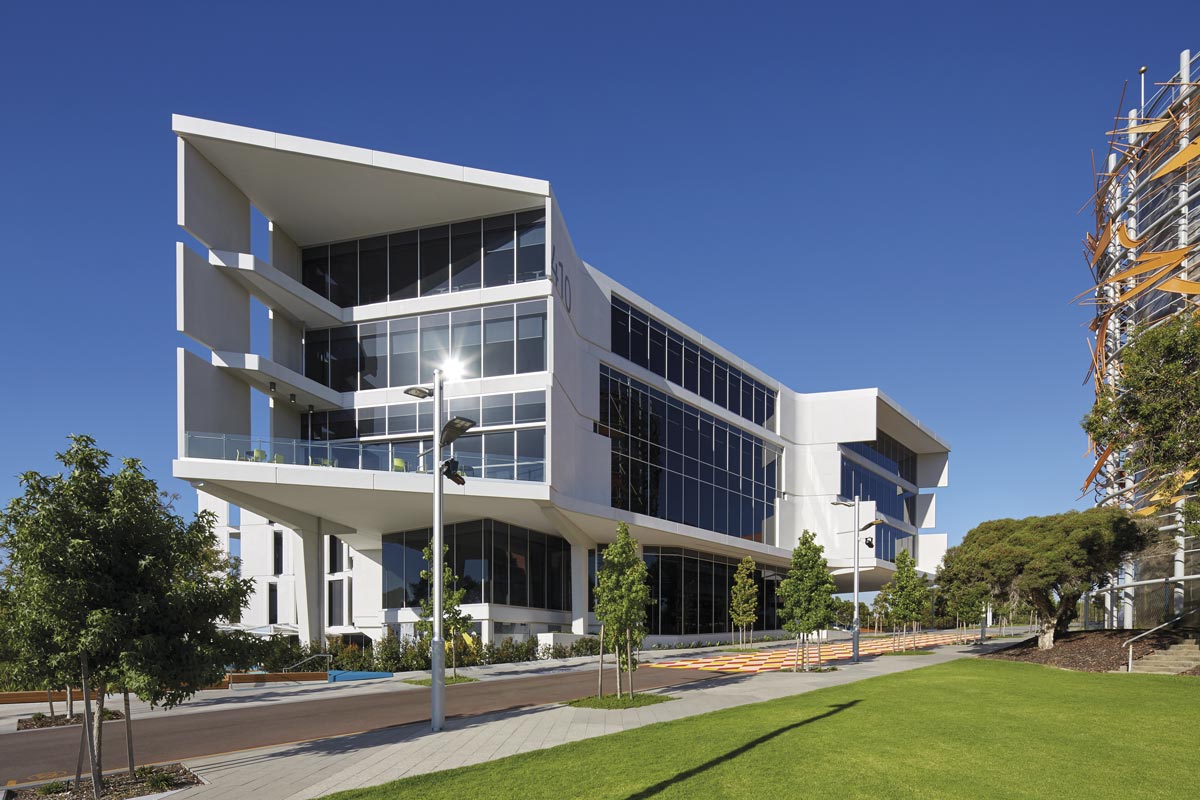
Medical Forum’s roundup of the weeks’ health headlines
What’s happening this week:
Young people getting sozzled
 Researchers in WA have found that the proximity of liquor stores to home (within 5000m) and not the size of the store (i.e. > 300 m2 and > 600 m2) is associated with increased alcohol intake. “Young adult’s alcohol consumption appears to be impacted by liquor store density and convenience, rather than outlet size,” they said. And a study from Finland says that heavy drinking adolescents showed increased concentrations of 1-methylhistamine, which, in turn, was associated with reduced brain grey matter volume. This 10-year follow-up study in eastern Finland used MRI and none of the participants had a diagnosis of alcohol dependence. Meanwhile, back in Oz the Australian Institute of Health and Welfare (AIHW) has found that young people aged 10-17 under youth justice supervision are 30 times as likely to receive an alcohol or other drug treatment service (studied over four years to June 2016). Just over 2500 ‘dual service’ clients accessed both youth justice supervision and drug and alcohol services. Back then, cannabis was their principal drug of concern, alcohol was second and amphetamines third, while three in 10 were Indigenous. The authors called on a need for more integrated services and person-centered service delivery.
Researchers in WA have found that the proximity of liquor stores to home (within 5000m) and not the size of the store (i.e. > 300 m2 and > 600 m2) is associated with increased alcohol intake. “Young adult’s alcohol consumption appears to be impacted by liquor store density and convenience, rather than outlet size,” they said. And a study from Finland says that heavy drinking adolescents showed increased concentrations of 1-methylhistamine, which, in turn, was associated with reduced brain grey matter volume. This 10-year follow-up study in eastern Finland used MRI and none of the participants had a diagnosis of alcohol dependence. Meanwhile, back in Oz the Australian Institute of Health and Welfare (AIHW) has found that young people aged 10-17 under youth justice supervision are 30 times as likely to receive an alcohol or other drug treatment service (studied over four years to June 2016). Just over 2500 ‘dual service’ clients accessed both youth justice supervision and drug and alcohol services. Back then, cannabis was their principal drug of concern, alcohol was second and amphetamines third, while three in 10 were Indigenous. The authors called on a need for more integrated services and person-centered service delivery.
https://www.sciencedirect.com/science/article/pii/S074937971831599X?dgcid=rss_sd_all#!
Youth inpatient mental health services
 The old Bentley Adolescent Unit will soon relocate as the East Metropolitan Youth Unit (EMyU), expanding from six beds to 12 for those aged 16-24 years. Relocation to the new mental health unit at Perth Children’s Hospital makes it all possible. This adds to the 14 youth beds at FSH, the 20 beds at Perth Children’s (for children and adolescents), and the eight ‘hospital-in-the-home beds’ provided by SCGH. Stating that 75% of mental health issues emerge before the age of 25, the WA Government says it is committed to providing for recovery. It says this adds to the Mental Health Commission’s targeted purchases for youth mental health initiatives; $1.9m for the WA Country Health Services (South-West and Pilbara); $1.4m for the South Metropolitan Health’s Youth Assertive Treatment Team; and $525,000 for the provision of a specialist child, adolescent and youth psychiatrist in the Kimberley.
The old Bentley Adolescent Unit will soon relocate as the East Metropolitan Youth Unit (EMyU), expanding from six beds to 12 for those aged 16-24 years. Relocation to the new mental health unit at Perth Children’s Hospital makes it all possible. This adds to the 14 youth beds at FSH, the 20 beds at Perth Children’s (for children and adolescents), and the eight ‘hospital-in-the-home beds’ provided by SCGH. Stating that 75% of mental health issues emerge before the age of 25, the WA Government says it is committed to providing for recovery. It says this adds to the Mental Health Commission’s targeted purchases for youth mental health initiatives; $1.9m for the WA Country Health Services (South-West and Pilbara); $1.4m for the South Metropolitan Health’s Youth Assertive Treatment Team; and $525,000 for the provision of a specialist child, adolescent and youth psychiatrist in the Kimberley.
ACCC and health
 The ACCC has called for simpler health insurance. Complex private health insurance policies and unexpected out-of-pocket costs are increasing complaints (by 30% last year) and leading to some punters abandoning their hospital policies. In WA, some private hospitals and procedural specialists are already feeling the crunch. Its annual report on the health insurance industry says consumer friendliness and transparency is what it is all about. Rising premiums are moving consumers to lower-cost policies with greater exclusions or a higher excess, or they are simply dropping their cover? Do benefits offset the premium increases, they ask? The ACCC has recently taken separate action against Medibank, NIB, Ramsay Health Care and Australian Unity.
The ACCC has called for simpler health insurance. Complex private health insurance policies and unexpected out-of-pocket costs are increasing complaints (by 30% last year) and leading to some punters abandoning their hospital policies. In WA, some private hospitals and procedural specialists are already feeling the crunch. Its annual report on the health insurance industry says consumer friendliness and transparency is what it is all about. Rising premiums are moving consumers to lower-cost policies with greater exclusions or a higher excess, or they are simply dropping their cover? Do benefits offset the premium increases, they ask? The ACCC has recently taken separate action against Medibank, NIB, Ramsay Health Care and Australian Unity.
https://www.accc.gov.au/media-release/accc-calls-for-simpler-more-transparent-health-insurance
Melanoma mission
 ECU’s Melanoma Research Group (MRG) has devised an autoantibody blood test (a combination of 10 antibodies that bests indicates melanoma) to detect early stage melanoma (i.e. before spread through the body) in around 80% of cases. Saving money is one aim say researchers with $201m spent on melanoma each year and another $73m on negative biopsies, usually invasive excisions. Patient and spokesperson for the group Mr Clinton Heal said, “My primary melanoma was not detected early, and I believe a simple blood test could have drastically improved my melanoma diagnosis and subsequent treatment since.” His ideas will be tested by further research but the blood test (MelDx) has been submitted for an international patent.
ECU’s Melanoma Research Group (MRG) has devised an autoantibody blood test (a combination of 10 antibodies that bests indicates melanoma) to detect early stage melanoma (i.e. before spread through the body) in around 80% of cases. Saving money is one aim say researchers with $201m spent on melanoma each year and another $73m on negative biopsies, usually invasive excisions. Patient and spokesperson for the group Mr Clinton Heal said, “My primary melanoma was not detected early, and I believe a simple blood test could have drastically improved my melanoma diagnosis and subsequent treatment since.” His ideas will be tested by further research but the blood test (MelDx) has been submitted for an international patent.
Featured article from the archives:
Life is a Big Adventure
Next year, Curtin Medical School’s first cohort of undergraduate students will be pacing the corridors of metropolitan hospitals. It will be a proud moment for their Dean.



